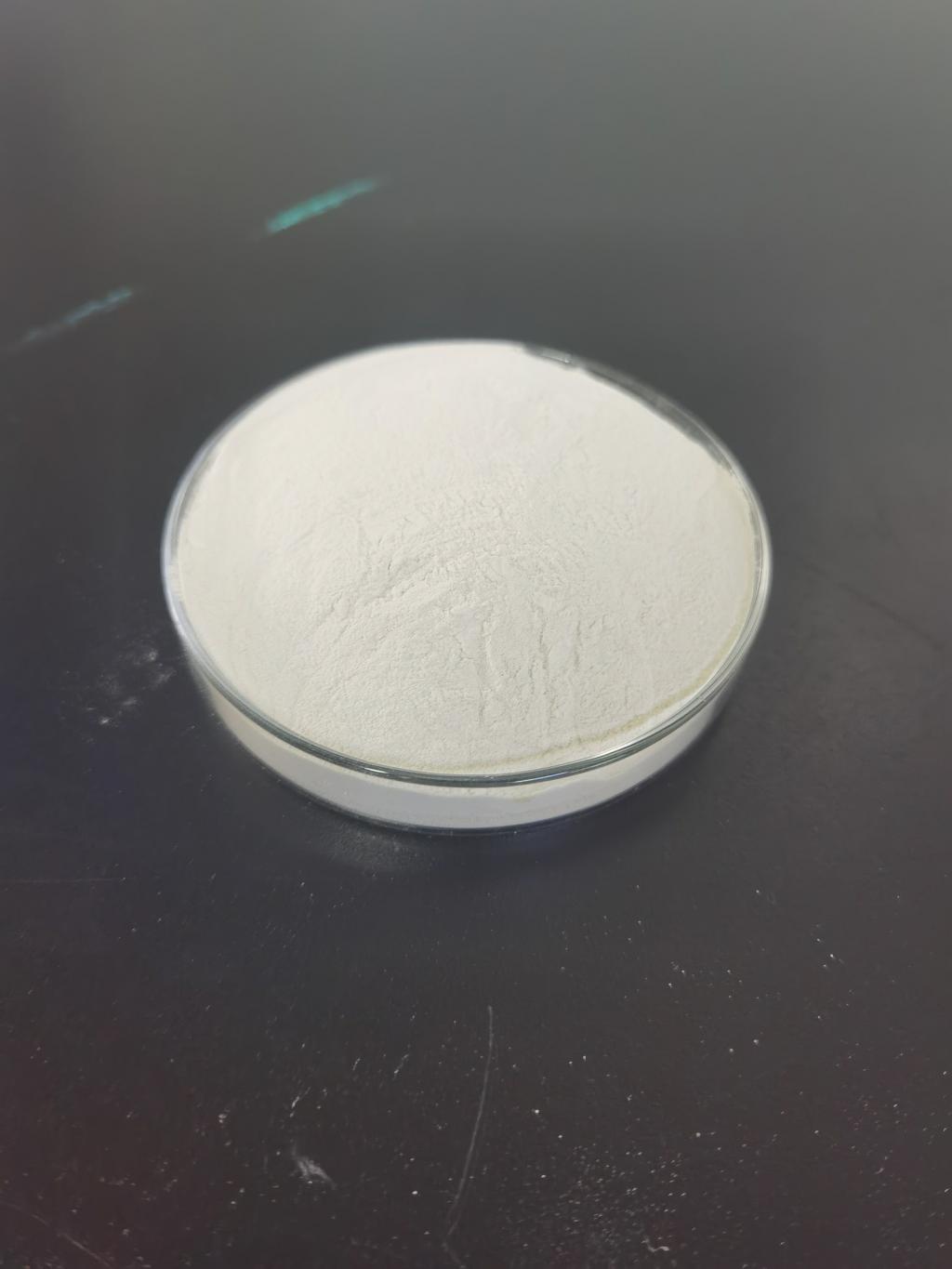Tel:+8618231198596

News
 CONTACT
CONTACT
 CONTACT
CONTACT
- Linkman:Linda Yao
- Tel: +8618231198596
- Email:linda.yao@dcpharma.cn
- Linkman:CHARLES.WANG
- Department:Overseas
- Tel: 0086 0311-85537378 0086 0311-85539701
News
Current Position:
Home >
News
>Nisin's potential to enhance the shelf life of fresh produce is being investigated.
Nisin's potential to enhance the shelf life of fresh produce is being investigated.
TIME:2024-08-22
What is Nisin?
Nisin is a bacteriocin, a class of antimicrobial peptides produced by certain bacteria. It is synthesized by Lactococcus lactis and has been used as a food preservative for decades due to its safety and effectiveness against a wide range of gram-positive bacteria, including those that cause spoilage in fresh produce.
Mechanism of Action
Nisin works by disrupting the cell membrane of target microorganisms, leading to cell lysis and death. Its mode of action makes it particularly effective against spore-forming bacteria and other pathogens that can compromise the quality and safety of fresh produce.
Application in Fresh Produce Preservation
The application of nisin in fresh produce preservation involves treating the surface of fruits and vegetables with a solution containing the peptide. This can be done through spraying, dipping, or coating, depending on the type of produce and the desired level of protection. The goal is to create a protective barrier that inhibits microbial growth and extends the shelf life of the product.
Benefits of Using Nisin
Safety: Nisin is generally recognized as safe (GRAS) by regulatory agencies, making it a preferred choice for food preservation.
Effectiveness: Studies have shown that nisin can significantly reduce spoilage and delay the onset of decay in fresh produce.
Compatibility: Nisin can be used in combination with other preservation methods, such as modified atmosphere packaging, to further enhance shelf life.
Consumer Acceptance: As a natural product, nisin is more acceptable to consumers who prefer minimally processed foods.
Challenges and Considerations
While the use of nisin offers many benefits, there are also challenges to consider. For example, nisin may not be equally effective against all types of spoilage organisms, and its efficacy can vary depending on the environmental conditions, such as pH and moisture levels. Additionally, the cost of production and application must be balanced against the potential economic gains from reduced spoilage.
Conclusion
The potential of nisin to enhance the shelf life of fresh produce is significant. As research continues to refine application methods and optimize formulations, nisin is poised to play an increasingly important role in the preservation of fresh produce. By improving the safety and quality of perishable goods, nisin contributes to a more sustainable and efficient food supply chain.
- Tel:+8618231198596
- Whatsapp:18231198596
- Chat With Skype







